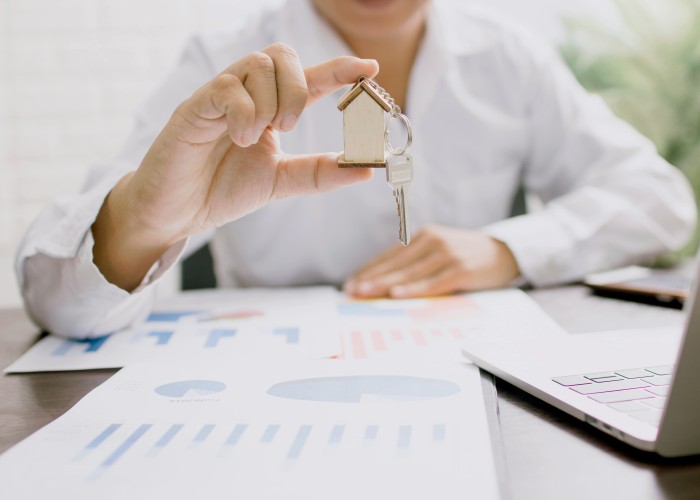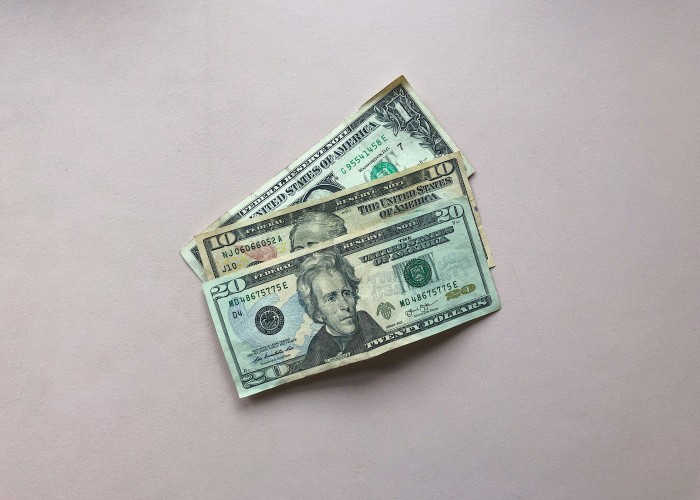When it comes to real estate, price swings can be dramatic. While rising property values are exciting, sudden corrections can hurt homeowners, buyers, and investors. Here, on US PROPERTY MARKET BLOG, we walk through the history of real estate bubbles, explore why they happen, and share insights—like home selling tips, property investment advice, and house buying tips—to help you navigate safely. Whether you’re in the U.S. or abroad, understanding how bubbles form and burst can prepare you for better decisions. Real Estate Bubbles.
What Exactly Is a Real Estate Bubble?
A real estate bubble occurs when housing prices inflate rapidly, far beyond fundamentals like income levels or rental values. Driven by easy credit, speculation, and exuberance, prices become unsustainable. Eventually, demand stalls or financial conditions tighten, and prices tumble. The aftermath can be painful: foreclosures, distressed sales, and lost equity.
Historical Bubbles That Shook Markets
1. The U.S. Housing Bubble of the 2000s
From the late 1990s to 2006, U.S. home prices surged—led by subprime mortgages, relaxed lending standards, and belief in never-ending appreciation. Builders rushed to supply more homes. By 2008, defaults skyrocketed, propelling the Great Recession. Housing values dropped 30 to 40 percent in many regions. That downturn reshaped regulations, lending norms, and investor wariness.
2. Japan’s Real Estate Bubble (1980s)
Japan’s economic boom in the 1980s led to crazy property appreciation in Tokyo and other cities. Speculation took hold, cultural pride fueled the frenzy, and land prices soared. By 1991, the bubble burst. Land values declined for decades after. The economy slowed. The painful lesson: even globally dominant economies can suffer long-term consequences from real estate bubbles.
3. Spain, Ireland, and the Global 2000s Bubble
During the same period as the U.S. bubble, countries like Spain and Ireland experienced major real estate booms. Easy EU lending, strong consumer confidence, and property speculation fueled steep price rises. After 2008, they faced corrections, economic contraction, and widespread unemployment. Home values declined steeply, and governments faced crises.
Why Bubbles Happen: A Deeper Look
- Easy Credit and Loose Lending
When lending requirements loosen and mortgages appear easy, more buyers can enter the market. Appetite grows, fueling higher prices. Lenders begin ignoring loan standards. Central bank policies also amplify this dynamic. Without proper guardrails, bubbles form quickly. - Speculation and Flipping Culture
Investors seek short-term gains. They buy homes or small multiunit properties expecting quick appreciation. This pushes prices further. They sell at higher prices, encouraging more buying. This cycle of flipping escalates quickly, pushing markets beyond supportable values. - Psychology and Herd Behavior
Fear of missing out drives irrational decisions. When homebuyers see prices rising, they jump in—regardless of affordability. This behavior spreads rapidly through communities and media stories. Consequence: bubbles expand further. Real Estate Bubbles. - Regulatory Gaps
Unregulated or underregulated mortgage markets allow risky lending. Subprime loans, adjustable-rate mortgages, and loans with low or no documentation spike. Without oversight, risky products fuel bubbles—which eventually deflate.
The Domino Effect: From Bubble to Bust
After peaking, real estate bubbles often collapse due to:
- Rising interest rates that increase mortgage costs
- Deteriorating economic conditions or job losses
- Falling consumer or investor confidence
- Tightened lending standards
When affordability restricts buyers, buyers stop paying inflated prices. Sellers must reduce prices or risk foreclosure. Construction slows. Related industries like banking, construction, and retail suffer. Governments may respond with bailouts or stimulus, prolonging recovery.
Can We Predict or Prevent a Bubble?
Predicting bubbles is tricky—but certain signs are red flags:
- Home prices outpacing incomes or rents
- Rapid loan growth and risky mortgage products
- High investor volumes and flipping activity
- Widespread overbuilding and speculative construction
Monitoring data like mortgage rates, lending standards, inventory levels, sales activity, and rents can help. While some cycles are inevitable, policy tools like bank capital requirements and lending regulations can offer guardrails.
How This Affects You
For Home Sellers
- Home selling tips: Price based on fundamentals, not hype. Even in booms, buyers check budgets and affordability.
- Be realistic during downturns. Overpricing can lead to stale listings.
- Make your home stand out: focus on staging, cleanliness, and minor improvements. These tips for staging home to sell can help even in soft markets.
For Buyers
- House buying tips: Shop the total cost, not just the sticker price—consider insurance, taxes, maintenance, and mortgage rates.
- Get preapproved, compare loans, and avoid flashy mortgage products.
- In overvalued markets, wait for a correction, or cap your budget to safe levels.
For Investors
- Property investment advice: Avoid jump-in scenarios. Base decisions on rental yield, economic trends, local fundamentals.
- Don’t rely on short-term appreciation. Focus on long-term cash flow and sustainable appreciation.
- Diversify across cities and property types. Don’t put everything into one overheated market. Real Estate Bubbles.
Looking Ahead: Future Risks in Real Estate
Post-Covid Market Shifts
Remote work trends have altered housing patterns. Demand in smaller metros and suburban areas soared. This rapid shift produced localized bubbles—even while overall demand softened. Watch for rising vacancy or declining rents in newly popular markets as remote work shifts again.
Rising Interest Rates
With inflation concerns, mortgage rates have climbed. Higher borrowing rates reduce affordability. This can soften demand, stall sales, and cause price corrections—especially in overextended markets.
Climate and Regulation
Properties in flood zones, wildfire areas, or at risk from climate events may lose appeal and value. Rising insurance costs or regulation may shrink demand. Investors and homebuyers are increasingly factoring climate risk into decisions.
Digital Lending and Shadow Credit
New fintech and peer-to-peer lending platforms can provide fast, unregulated credit similar to subprime in the 2000s. Without clear oversight, easy credit channels again could inflate bubbles—this time digitally.
Preparing for the Next Wave
Staying safe through cycles requires strategy:
- Educate Yourself
Learn about real estate investment tips, trends, and market cycles. Read trusted blogs—like the blog section on US PROPERTY MARKET BLOG—to stay informed. - Watch Market Fundamentals
Track affordability ratios, construction trends, and vacancy rates. - Prioritize Value Over Hype
Base decisions on cash flow, location, and long-term growth—not speculative trends. - Be Financially Prepared
Have cash reserves. Don’t over-leverage. Prepare for changing rates or economic downturns. - Use Expert Advice
Seek real estate investment advice from financial advisors—not agents or promoters. They can provide objective insight tailored to your goals.
The Bottom Line
Real estate bubbles have appeared around the world—from Japanese cities in the 1980s to Spain in the 2000s—each showing that explosive growth can be followed by painful declines. By knowing how bubbles form, paying attention to key indicators, and making careful decisions, buyers, sellers, and investors can reduce risk.
Whether you’re looking at homes for sale, exploring commercial real estate, or searching for land for sale, grounding your strategy in fundamentals—and building on property investment tips and house buying advice—will help you avoid costly mistakes.
Conclusion
Real estate can be a powerful tool for building wealth and housing your family. But when prices run ahead of reality, the risk rises too. As you explore property for sale, whether single-family homes or rental buildings, remember these points:
- Understand bubble signs
- Assess affordability and fundamentals
- Be ready for financial shifts
- Use trusted advice and research
- Avoid herd mentality and speculative jumps
For practical guidance and ongoing commentary on U.S. and global property trends, visit the US PROPERTY MARKET BLOG. Check our About page to learn more about my vision behind this blog: sharing reliable, unbiased real estate information without selling any property. Real Estate Bubbles.






Leave a Reply